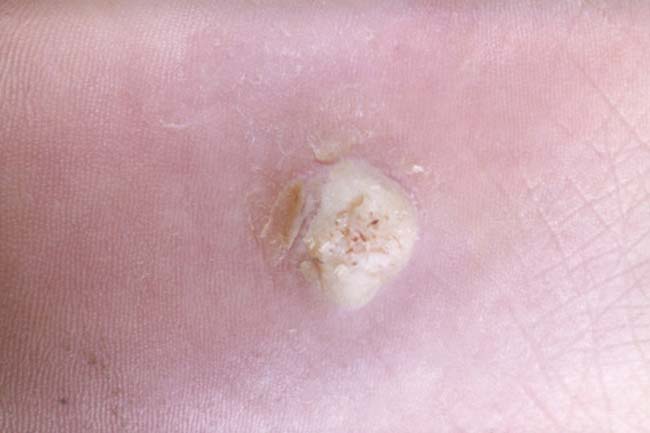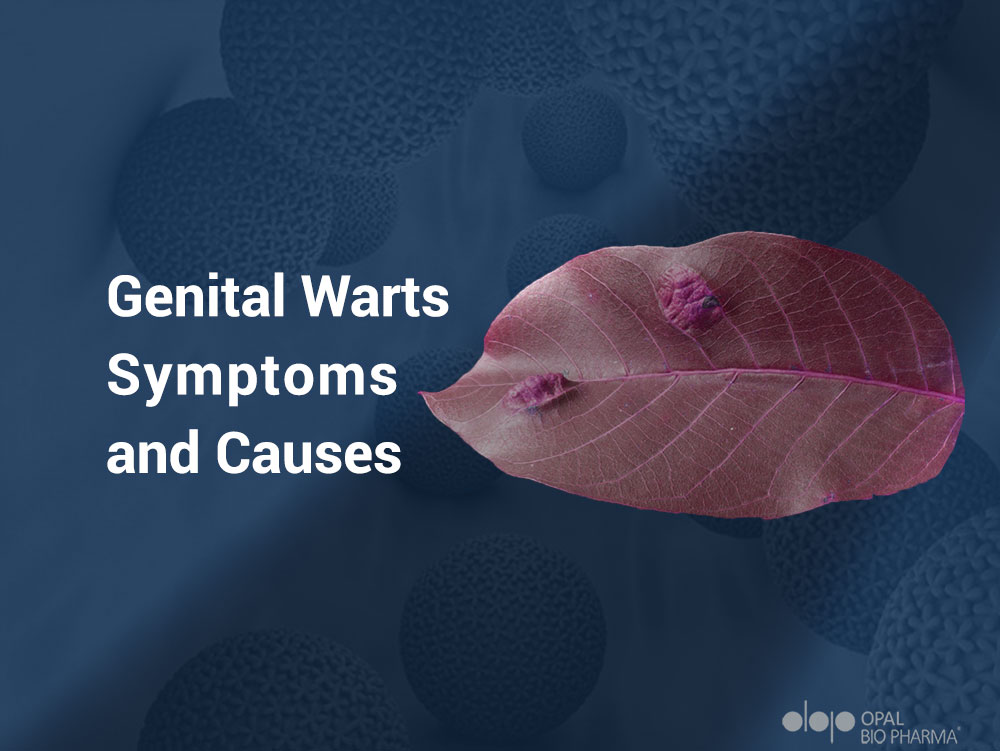Understanding Early Stage HPV Warts: A Comprehensive Guide
Human Papillomavirus (HPV) is a common viral infection that affects millions of people worldwide. Among the various manifestations of HPV, early stage HPV warts are particularly significant due to their prevalence and potential health implications. This article delves into the intricacies of early stage HPV warts, providing a detailed overview that encompasses symptoms, causes, diagnosis, treatment options, and prevention strategies.
Key Takeaways
- HPV is a widespread virus with numerous strains, some of which lead to the development of warts.
- Early stage HPV warts can appear on various parts of the body, including the genital area, hands, and feet.
- Understanding symptoms and seeking early diagnosis can help in managing and treating HPV warts effectively.
- Preventative measures, such as vaccination and safe practices, are crucial in reducing the risk of HPV infection.
What Are Early Stage HPV Warts?
Early stage HPV warts are small, benign growths on the skin caused by certain strains of the Human Papillomavirus. These warts can appear on different parts of the body, including the genital region, hands, and feet. HPV warts are typically painless but can cause discomfort depending on their location and size.
Types of HPV Warts

- Common Warts: Often found on fingers and hands, these warts have a rough texture and are generally harmless.
- Plantar Warts: These occur on the soles of the feet and can be painful due to pressure from walking.
- Flat Warts: Smaller and smoother than other types, these warts often appear on the face, thighs, or arms.
- Genital Warts: Appearing in the genital area, these warts can vary in size and shape and may require medical attention.
Causes of Early Stage HPV Warts
HPV warts are caused by the Human Papillomavirus, a group of more than 150 related viruses. Certain strains of HPV are responsible for the development of warts, while others may cause more serious health issues, such as cervical cancer. The virus is transmitted through direct contact with an infected person or surface.
Risk Factors
- Direct Contact: Touching a wart or coming into contact with surfaces that have been in contact with the virus can lead to infection.
- Weakened Immune System: Individuals with compromised immune systems are more susceptible to HPV infections.
- Age: Children and young adults are more likely to develop common warts.
- Personal Habits: Biting nails or picking at skin can increase the risk of spreading the virus.
Symptoms of Early Stage HPV Warts
Recognizing the symptoms of early stage HPV warts is crucial for timely treatment and management. The appearance of warts can vary depending on their type and location.
Common Symptoms
- Small, fleshy bumps on the skin
- Rough texture on the surface of the wart
- Discomfort or pain, particularly with plantar warts
- Itching or irritation in the affected area
Diagnosis of Early Stage HPV Warts
Diagnosing HPV warts typically involves a physical examination by a healthcare provider. In some cases, a biopsy may be performed to rule out other skin conditions. Early diagnosis is essential for effective management and to prevent the spread of the virus to others.
Treatment Options for Early Stage HPV Warts
Treatment for early stage HPV warts varies based on the type and location of the warts. While some warts may resolve on their own, others require medical intervention.
Common Treatments
- Topical Treatments: Over-the-counter or prescription creams and ointments can help dissolve warts.
- Cryotherapy: This involves freezing the wart with liquid nitrogen, causing it to fall off.
- Laser Treatment: Lasers can be used to destroy wart tissue, particularly for stubborn warts.
- Surgical Removal: In severe cases, surgical excision may be necessary to remove warts.

It’s important to consult with a healthcare provider to determine the most appropriate treatment plan based on individual circumstances.
Prevention of Early Stage HPV Warts

Preventing HPV warts involves a combination of vaccination, personal hygiene, and safe practices. The HPV vaccine is highly effective in protecting against the strains of the virus that cause warts and certain cancers.
Preventative Measures
- Vaccination: The HPV vaccine is recommended for preteens and young adults to protect against the virus.
- Safe Practices: Using protection during sexual activity can reduce the risk of genital warts.
- Hygiene: Regular hand washing and avoiding direct contact with warts can prevent the spread of the virus.

Early stage HPV warts are a common manifestation of the Human Papillomavirus, affecting individuals of all ages. Understanding the causes, symptoms, and treatment options is crucial for effective management and prevention. By adopting preventative measures and seeking timely medical advice, individuals can reduce the risk of infection and maintain optimal skin health.
Informed awareness and proactive healthcare practices are key to managing early stage HPV warts and mitigating their impact on quality of life.